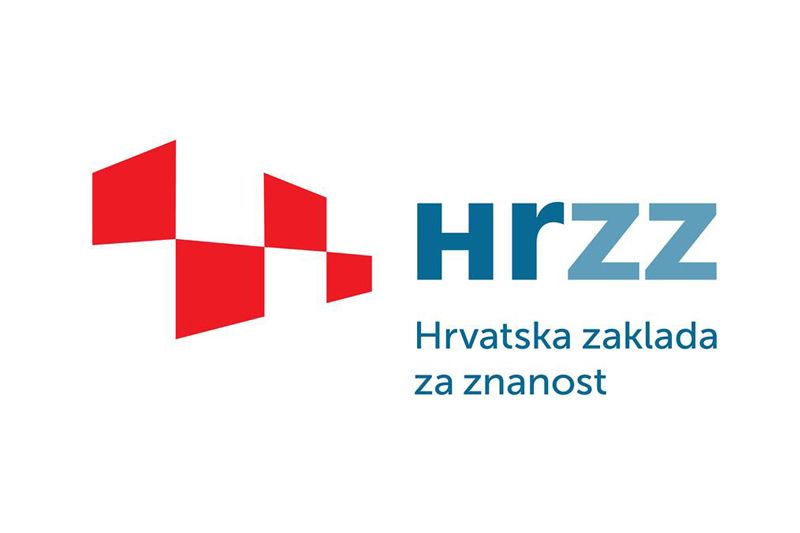Competitive research projects
EWAchange
About project
Project basics
- Full name: Changes in the Organization of the Educational Process caused by the COVID-19 Pandemic: Effects on Educational Experiences, Well-being and Aspirations of Pupils in Croatia
- Acronym: EWAchange
- Coordinator: Institute for Social Research in Zagreb
- Financed by: Croatian Science Foundation
- Project duration: 23rd August 2021 – 22nd February 2023
Project description
During last two years, the COVID-19 pandemic has significantly changed the educational processes in the Republic of Croatia. In this period, a variety of policy options have been used in the organisation of educational processes at different educational levels. The organisational changes induced by the pandemic influenced core aspects of educational processes, particularly in setting educational priorities, curriculum delivery, assessment practices, the teaching and learning environment and support. Changes to these educational processes have potentially had (and will likely continue to have) strong effects on educational experience, wellbeing, educational aspirations and future orientations of pupils at different educational levels.
Using a sequential, longitudinal mixed model research design with large-scale quantitative and extensive qualitative research phases, the proposed project aspires to conduct a comprehensive scientific exploration of the profound changes in Croatian education caused by the pandemic and to assess the educational and psychosocial effects of this implementation on pupils, with particular emphasis on changes to pupils' educational experiences, wellbeing and educational aspirations.
Special emphasis in the project is placed on the exploration how changes in the organisation of educational processes induced by the pandemic affected three vulnerable groups: pupils with disabilities and learning difficulties, pupils from disadvantaged socioeconomic contexts and gifted pupils.
Its findings will be relevant not only as a retrospective account of exceptional societal and educational events, but also prospectively as a source of insight and recommendations for the future. Research findings will enable the design and implementation of system-level policy measures that could ameliorate the disruption of regular schooling and empower pupils, educational workers and parents to successfully master crisis situations in the future.
Logo

